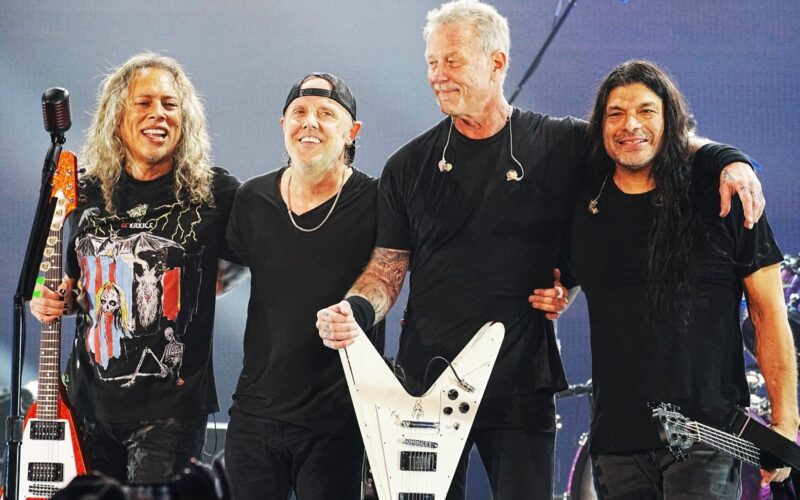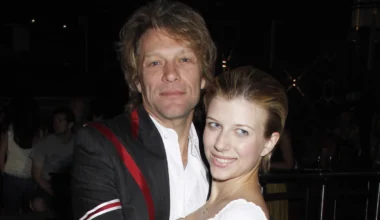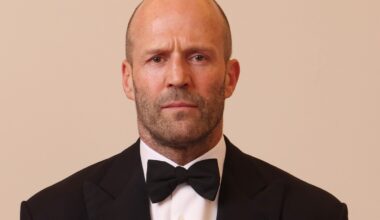At the start of the 1980s, heavy metal had begun to enter the mainstream. While the biggest bands in the world were still making waves, like Black Sabbath and Iron Maiden, the next generation of metalheads began to flock to the sounds of the Sunset Strip, featuring bands that were more interested in the size of their hair and the high notes they could belt rather than the music. Although Metallica arrived on the scene like a lightning bolt, James Hetfield thought one element of their sound was more important than anything else.
When talking about the dynamic of the thrash legends, though, Hetfield and Lars Ulrich are the true sonic architects of the band. Rather than look at the group as a full-fledged democracy, Hetfield and Ulrich are responsible for putting the songs together in the studio, working out the proper arrangements and how each riff will fit into the correct section.
Although Dave Mustaine was a core contributor to the group’s sound in the early days, Hetfield was the actual riff machine in the band, penning one badass musical piece after another across albums like Kill Em All and Ride the Lightning. While each member may have given their musical magic to the band, no one had as much musical endurance as Cliff Burton.
Never the biggest fan of traditional heavy metal, Burton was well-versed in various genres of music by the time he became Metallica’s bassist. Listening to artists as varied as Kate Bush and Lynyrd Skynyrd, Burton also added a healthy dose of harmony into the mix, having studied musical theory before he joined the band.
When working on albums like Master of Puppets, Hetfield would say that Burton’s contributions made the songs classic, recalling, “He always had lots of different ideas that were layered, and it had its own character because it was bass. He was a genius at harmonies, and layering, and unique phrasing. Very classical sounding, not your typical rock stuff at all, and he’d always push it that one extra little something”.
Looking at the intricacies of his playing, Burton was practically transposing lead guitar lines over to the bass on nearly every track. While he would be an excellent support for Hetfield’s riffs, Master of Puppets marked the moment Burton created his magnum opus on ‘Orion’. Spanning over eight minutes, Burton composed all of the music for the instrumental, including a massive bass break towards the end that rings out far louder than any other guitar in the mix.
That approach to harmony would also have a massive effect on how the band worked out their harmony later in their career. Compared to the rudimentary playing on their debut, Hetfield would internalise Burton’s knowledge of music theory into his playing, later turning in massive layered harmony parts for songs like ‘Master of Puppets’ and ‘My Friend of Misery’.
Although the band could have gone even further with Burton behind the low end, it would all come crashing down during the tour for Master of Puppets, with the bassist passing away in a horrific bus accident. While Metallica would soldier on with Jason Newsted in Burton’s place, the spirit of Burton continues to live on whenever they play one of their classic songs.






